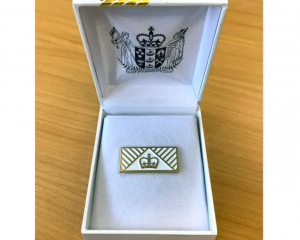The risk of having a heart attack shoots up following an outburst of anger, a study among hospital heart patients has found.
The study, published in a European medical journal, found the risk of heart attack was 8.5 times higher in the two hours following an acute episode of anger than during a patient's baseline levels of anger on a 1 to 7 scale.
The authors say their findings appear to confirm the indications of earlier research -- and experience -- that anger can act as a trigger for a heart attack. They advocate considering "strategies to protect individuals most at risk during times of acute anger".
The researchers studied patients suspected of having a heart attack who were admitted for primary angioplasty treatment at Royal North Shore Hospital in Sydney between 2006 and 2012. Heart attack was confirmed in 313 patients.
Anger during the 48 hours preceding symptom onset was self-assessed by the 313 patients' reporting from on the scale on which 1 was "calm", and 7 was "enraged, out of control, throwing objects, hurting yourself or others".
The threshold of acute anger in the study was defined as level 5 - "very angry, body tense, maybe fists clenched, ready to burst".
Seven of the confirmed heart attack patients (2.2 per cent) had reached an anger of at least level 5 within the two-hours before their symptoms began.
Based on the subjects' usual patterns, the relative risk of onset of heart attack symptoms occurring within two hours of reaching anger level 5 or above was calculated as 8.5 times greater than that associated with normal levels on the anger scale.
The trigger events for the 313 patients included road rage, work stress and family rows.
One of the researchers, Dr Thomas Buckley, said the absolute risk of any one anger episode triggering a heart attack was low, but the study showed the danger was real.
The increased risk of heart attack following intense anger or anxiety probably resulted from increased heart rate and blood pressure, tightening of blood vessels and increased clotting -- physiological changes that were all associated with triggering of heart attacks.
By Martin Johnston of the New Zealand Herald












